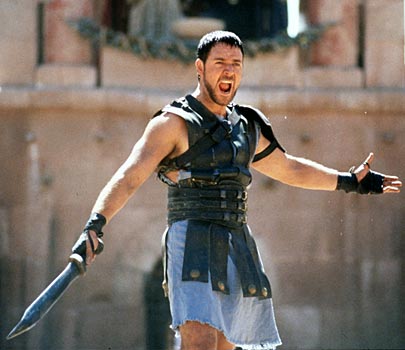![]()
Tell your dream. We will help you to reach it.
CEI Consulting helps athletes to:
- Identify their specific concentration strengths and weaknesses with the most sophisticated performance enhancement assessment system.
- Be aware of their performance profile with a 360° assessment program (technical, mental and physical).
- Be aware of their skills when compared with those of the best athletes in the world.
- Develop coaching programs for improving and performing at their best.
CEI Consulting uses The Athlete’s Mental Edge, an exclusive performance enhancement system used by Olympic and championship-level athletes worldwide. It is a distillation of 30 years of research made in USA and Canada, Europe and Australia and hands on consulting with many of the world’s greatest athletes.
CEI Consulting is an assessment and coaching program including the following areas:
- Your goals
- The stress management
- The concentration
- Which are your fears
- Planning the competition
- Think positive
- Work in team with the coach and mates
For any information please contact: info@ceiconsulting.it






